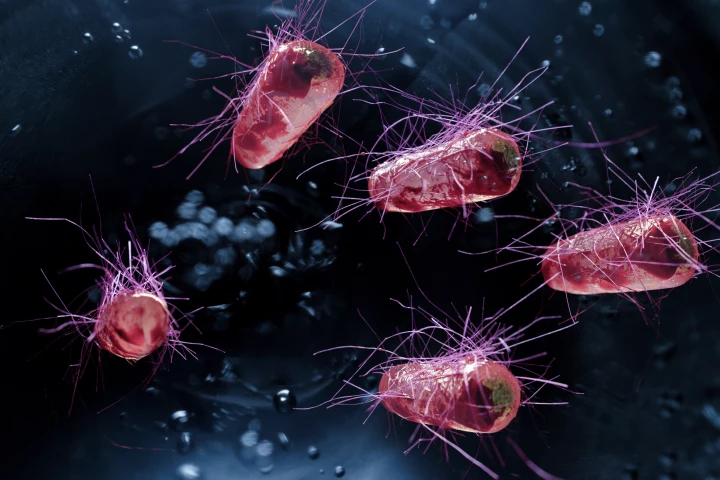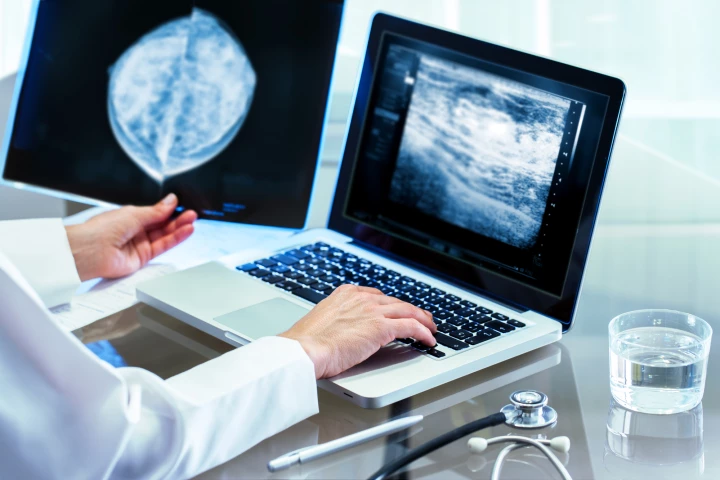Detection
-
While it's very important to know if a "date rape" drug has been sneaked into your drink, whipping out a full test kit in a bar may be time-consuming. That's why scientists have developed a temporary tattoo that can detect such drugs in one second.
-
If you've watched even a single episode of CSI, you'll know how important it is to check suspects and crime scenes for gunshot residue (GSR). A new technique could make that task faster and easier than ever before, by causing GSR to glow green.
-
The first satellite in a constellation designed specifically to locate wildfires early and precisely anywhere on the planet has now reached Earth's orbit, and it could forever change how we tackle unplanned infernos.
-
While people are becoming concerned about microplastic pollution in their drinking water, it's one of those things that the average person can't check for themselves. That could soon change, however, if a new prototype device reaches production.
-
It's ironic that in places where drinking water needs to be checked for microbes the most, labs that can perform the analysis are least likely to be present. A new "lensless" device could help, as it uses light to detect harmful microorganisms.
-
The first 5G-enabled ebike has rolled into Mobile World Congress in Barcelona this week, courtesy of Long Island-based mobile device company Orbic. The fat-tire pedal-assist ride also comes with a bunch of cameras and AI crash detection.
-
The FDA has granted clearance to the first AI-powered medical device to assist physicians in detecting all 3 common skin cancers. Providing a more accurate way of identifying skin cancer will enable patients to access necessary treatment more quickly.
-
When doctors want to see if someone has a certain illness, they may check the patient's blood or urine for the DNA of a specific virus or bacteria, or for a mutated version of the person's own DNA. A new device should make doing so much easier.
-
In order to smuggle illegal drugs into prisons, people are now soaking materials like paper and fabric in such drugs, letting the materials dry, then passing them along to inmates. A new portable device, however, sees through that ruse.
-
A new study found that a single radiologist screening mammograms picked up more incidents of breast cancer when supported by AI. The researchers say an AI-supported approach would be a safe alternative to having two radiologists read the scans.
-
If the bacteria with which someone is infected are antibiotic-resistant, physicians need to know so as soon as possible. A simple new system could help, by detecting such resistance in just two hours as opposed to the usual 24.
-
While metal detectors are useful for detecting land mines, they can be fooled by buried metallic debris … plus some mines don't contain any metal. A new system is claimed to work better, by reading the molecular signature of explosives used in mines.
Load More











